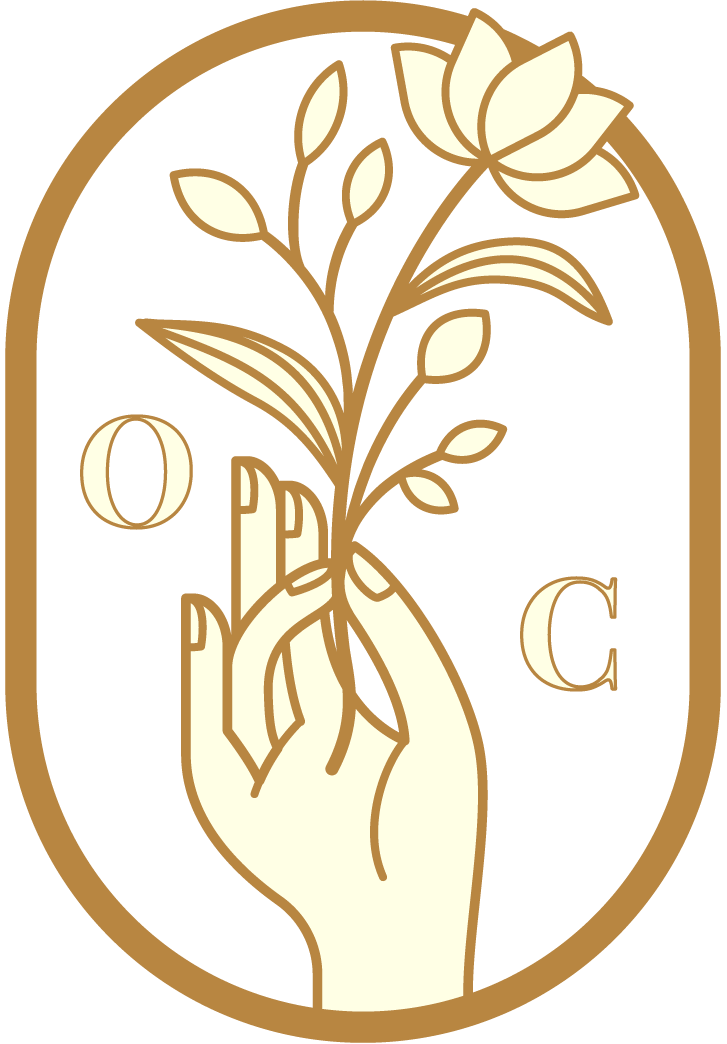Cognitive Behaviour Therapy (CBT) is a term used for a large variety of evidence-based psychological interventions, combining behavioural and cognitive approaches. It also includes acceptance and mindfulness-based approaches. This is to help clients explore new lenses and learn healthy skills to observe the problem and search for solutions by using context engagement and attention and cognitive changes (Hayes & Hofmann, 2018; Mennin et al., 2013). Research confirms the effectiveness of CBT for various psychological issues such as anxiety, depression, and many others(e.g., Forman et al., 2007; D. A. Richards et al., 2016; Wiles et al., 2013).
There is a common goal and mechanism of changes in CBT (Mennin et al., 2013), it is implemented in behavioural techniques such as scheduling and exposure (Foa & Kozak, 1986; Lewinsohn & Graf, 1973) and cognitive techniques like cognitive restructuring and distancing (Beck & Clark, 1997; Zettle & Hayes, 1988) as well as problem-solving, distress tolerance and other practical coping skills (D’Zurilla & Nezu, 2007; Linehan, 2013) also relaxation, mindfulness and acceptance-focused techniques (Manzoni et al., 2008; Masedo & Rosa Esteve, 2007). The use of techniques differs based on the mode of delivery and length; however, the client’s independent application of these techniques during and after the treatment is a very vital factor of the intervention (Hayes & Hofmann, 2018; Hundt et al., 2013).
Cognitive-behavioral therapy (CBT) including exposure and ritual prevention (EX/RP) is an effective treatment for obsessive-compulsive disorder (OCD), both as monotherapy (Foa et al., 2005) and combined with serotonin reuptake inhibitors (SRIs) (Simpson et al, 2008, 2013).




